Australia "keeps an eye" on Vietnamese passion fruit
The Plant Protection Department ( Ministry of Agriculture and Rural Development ) has just announced that it has received a notice from the Australian Ministry of Agriculture, Fisheries and Forestry (DAFF) about the draft "Report on import requirements for fresh passion fruit from Vietnam exported to Australia" and sent it to Vietnam for comments.
The introduction of the report states Australia's ecological protection policy and the purpose of the pest risk analysis on fresh passion fruit imported from Vietnam to protect Australian agriculture .
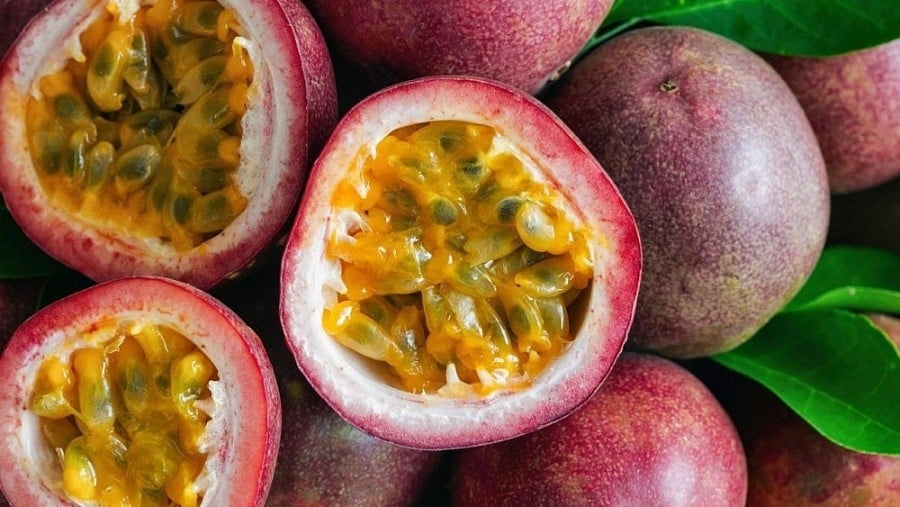 |
| Fresh passion fruit from growing areas in Vietnam may be allowed to be imported into the Australian market in the near future. (Source: Long An Newspaper) |
Accordingly, fresh passion fruit harvested from growing areas in Vietnam can be imported into the Australian market, but must comply with biosecurity requirements. The report identified 11 pests that pose a biosecurity risk, including fruit flies, aphids, spider mites and thrips.
To minimize these risks, the draft report has proposed a number of risk management measures such as: Establishing pest-free zones, pest-free production areas or pest-free production facilities. The application of irradiation treatment is considered effective in managing fruit flies.
DAFF will incorporate the comments and consult with stakeholders. Following review, DAFF will publish the final report on the DAFF website and conclude the pest risk analysis process.
The biosecurity requirements outlined in the report will be the basis for developing import conditions and publishing them on the BICON system. Before the import conditions are published on the BICON system, Vietnam needs to demonstrate its ability to apply risk management measures to ensure safe trade in passion fruit exported from Vietnam.
Currently, the Plant Protection Department has sent a document to the Department of Agriculture and Rural Development of provinces/cities, research units, organizations and individuals producing and exporting passion fruit and plant quarantine units to request comments on the report on import requirements for Vietnamese passion fruit exported to this market.
Accordingly, the Plant Protection Department requested units to contribute comments on the above draft report before sending it back to Australia.
The Department of Agriculture and Rural Development of provinces/cities directs specialized units to proactively review and synthesize growing areas and fresh passion fruit packaging facilities that meet requirements and have demand for export to Australia in the coming time to be ready to supply when requested by the importing country.
Associations, organizations and individuals proactively prepare technical conditions for growing areas according to Australia's requirements to be ready to export to the Australian market when it has successfully opened.
In 2022, the country's passion fruit output is estimated at 135,000 tons, grown mainly in Gia Lai and Dak Lak. Currently, passion fruit has been exported to markets such as the European Union (EU), China...
Ministry of Industry and Trade investigates case of suspected fraud by businesses in UAE
Recently, the Vietnam Cashew Association (VINACAS) has issued Notice No. 45/TB-HHĐ to cashew businesses informing them about a suspected case of fraud in exporting cashew nuts to Dubai, United Arab Emirates (UAE).
Regarding this information, the Asia-Africa Market Department (Ministry of Industry and Trade) said: Immediately after receiving the dispatch from the Vietnam Pepper Association and the report from the Vietnam Trade Office in the UAE, the Ministry of Industry and Trade sent Official Note No. 1465/AP-TACP dated July 21, 2023 to the UAE Embassy in Hanoi requesting the Embassy to notify relevant competent authorities to consider and handle the case.
The Vietnam Trade Office in the UAE said it had received a report from a number of Vietnamese businesses with the same content, accusing an importer in the UAE and a collecting bank in Dubai of fraudulently signing contracts to buy cinnamon, pepper and cashews. Immediately after receiving the reports from the businesses, the Trade Office sent a diplomatic note to the UAE Ministry of Foreign Affairs, Dubai Police, the UAE Central Bank and a number of related banks and shipping lines.
At the same time, the Trade Office worked with a number of units such as relevant bank branches in Dubai; Dubai police and submitted a report on the incident; shipping lines and authorities of Jebel Ali port.
According to the representative of the Asia-Africa Market Department, currently, the situation of fraud in the Middle East market has appeared more than before, mainly concentrated in small-scale trading companies. The most common form of fraud today is that when signing a sales contract with a Vietnamese company, foreign enterprises often require TT payment terms (telegraphic transfer) or issue checks to the seller as collateral. These are the two forms with the most risk.
Specifically, the payment method TT pay later means that the buyer will receive the goods and then pay the seller. Along with that is the form of issuing a check that is valid for a certain period of time and then handing it over to the seller for collateral. This method has many risks such as the buyer issuing the check without having money in the account; the seller cannot go to the buyer's bank to receive the money because there is no ID card. Moreover, the seller cannot check the buyer's account information because banks in some Middle Eastern countries do not provide customer information to third parties.
To avoid unfortunate losses, the Ministry of Industry and Trade recommends that Vietnamese enterprises must be cautious when transacting with foreign enterprises and carefully negotiate payment terms to ensure maximum safety. Specifically, payment methods such as opening a letter of credit established by the bank at the request of the partner (LC) or the business representative going to the place to deliver documents and receive money. In addition, the D/P payment method (collection with documents) is safer than TT and check payments.
The Ministry of Industry and Trade also noted that the selling banks must ensure safety when transferring documents to the buying bank to avoid cases like the above incidents due to the document delivery and receipt (bank security staff) not signing for receipt. Accordingly, leading to the bank security staff handing over the documents to the buyer to receive the goods without the buyer paying the bank to pay the selling bank.
Orders return, wood exports receive good news
Statistics show that in the first 6 months of 2023, the export value of wood and wood products is estimated at 6 billion USD, down 28.8% over the same period in 2022. Of which, the export value of wood products is estimated at 4.1 billion USD, down 32.8% over the same period in 2022.
According to Ms. Le Hai Lieu - Chairman of the Board of Directors of Duc Thanh Wooden Chair Joint Stock Company, Vietnam's wood and wood product exports continue to decline sharply due to the impact of the difficult situation and declining purchasing power of many major economies. For Duc Thanh, although wood exports in the first half of the year have not improved, compared to the company's goals and plans for 2023, they are still guaranteed.
In particular, since the end of June until now, the wood export market has begun to show positive signs again when the number of customers inquiring about products, visiting customers, attending fairs, and asking for prices has increased. "In contrast to a few months ago at the end of last year, the market was very quiet, but now it is starting to recover," Ms. Lieu informed.
According to Ms. Lieu, the unit has prepared resources to be ready to receive large orders. “We are always ready. We reserve raw materials, personnel and production means so that after the crisis, everything will be ready to receive large orders, especially urgent orders,” Ms. Lieu said.
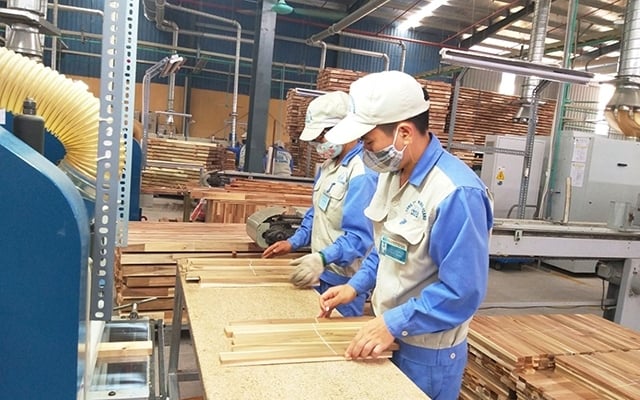 |
| Wood businesses are gradually becoming more proactive in seeking new orders. (Source: VnEconomy) |
Mr. Tran Anh Vu, Vice President of the Binh Duong Province Wood Processing Association, said that in parallel with finding product lines to serve niche markets, businesses are gradually becoming more proactive in finding new orders.
Many businesses have boldly restructured their factories, cut unnecessary costs and increased productivity. From there, factories can produce products with more competitive prices to increase their ability to attract and receive more orders from old customers.
Many businesses believe that the bottom cycle of the wood industry usually lasts from 6 months to 1 year, so it is forecasted that after a period of gloom, wood and wood product exports may recover in the fourth quarter of 2023 and 2024. In fact, there are now some more optimistic signals about the 2024 order situation of businesses.
The Vietnam Timber and Forest Products Association said that in the coming time, the demand for pellets in the Korean market is expected to increase again with a consumption of 100,000 tons/month. Meanwhile, in Japan, Vietnamese enterprises have signed long-term contracts of 2-3 years to supply pellets. It can be seen that the two major import markets for Vietnam's pellets, Korea and Japan (accounting for 98% of the total volume), are showing good signs.
For Europe, this market has gradually stabilized after the boom in energy supplies, including biomass fuels. However, with commitments to sharply reduce emissions and increase the use of bioenergy, pellet exports will recover in both price and volume from the last months of 2023. This is a positive signal for the Vietnamese wood industry. Many businesses are also looking for separate directions to find new customers for the next phase, coping with current difficulties.
Mr. Patrick Mui, Executive Director of Centdegrés Vietnam, assessed that wooden furniture in the European market, with decorative items, is considered a niche market, expected to grow 4.27% per year for the period 2023-2026, and by 2026 it could reach 7.05 billion USD.
With interior decoration products that have more local features and unique identities, Vietnamese small and medium-sized enterprises will have more niche markets, targeting certain customer groups in the European market.
Source





![[Photo] General Secretary To Lam and National Assembly Chairman Tran Thanh Man attend the 80th Anniversary of the Traditional Day of the Vietnamese Inspection Sector](https://vphoto.vietnam.vn/thumb/1200x675/vietnam/resource/IMAGE/2025/11/17/1763356362984_a2-bnd-7940-3561-jpg.webp)




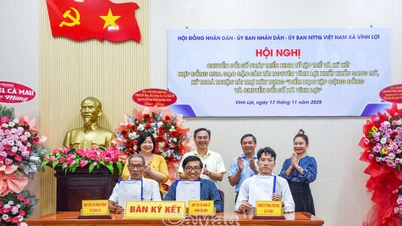



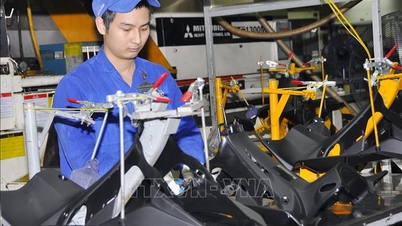



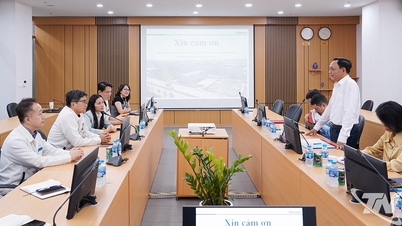



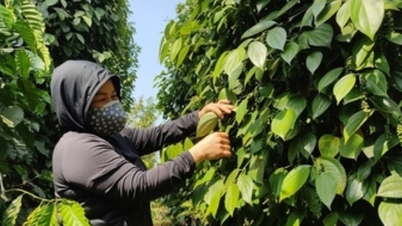
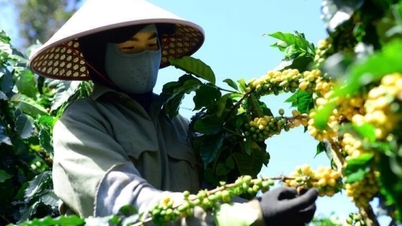














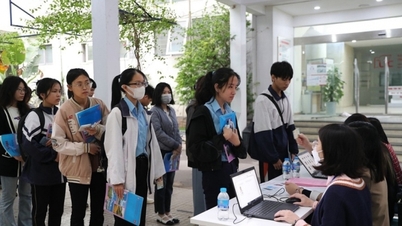
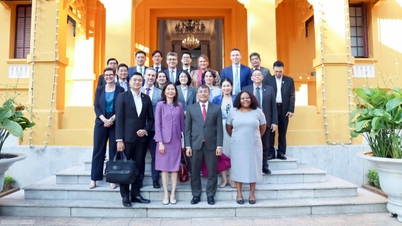


















































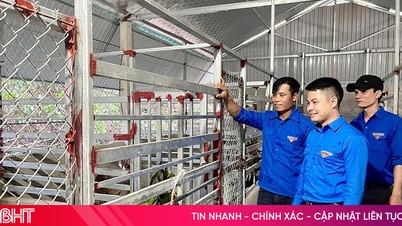

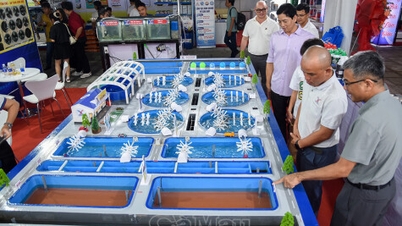


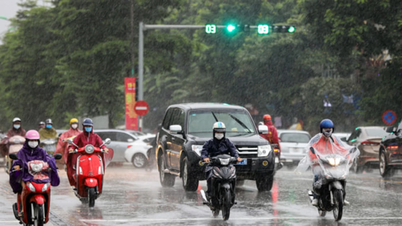
















Comment (0)